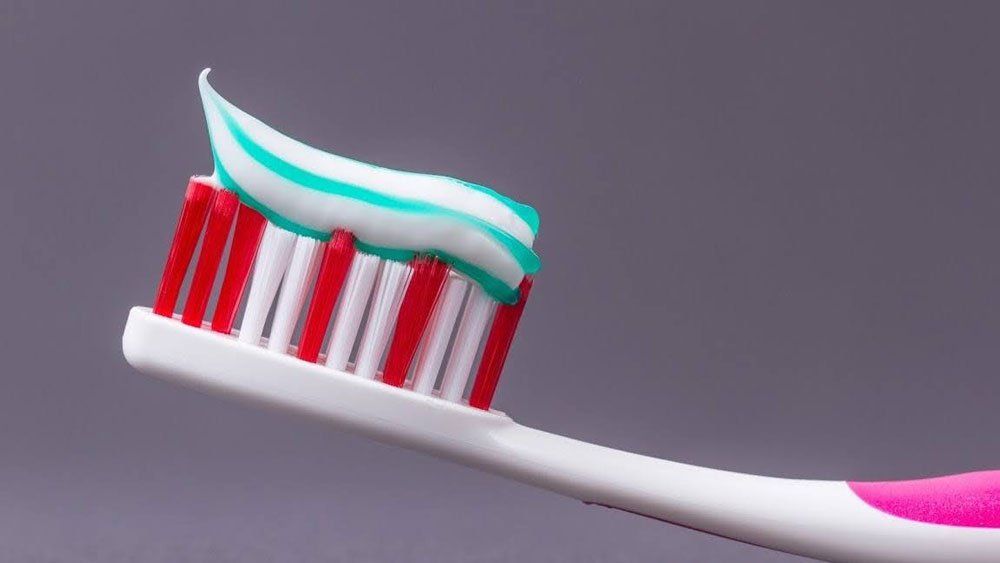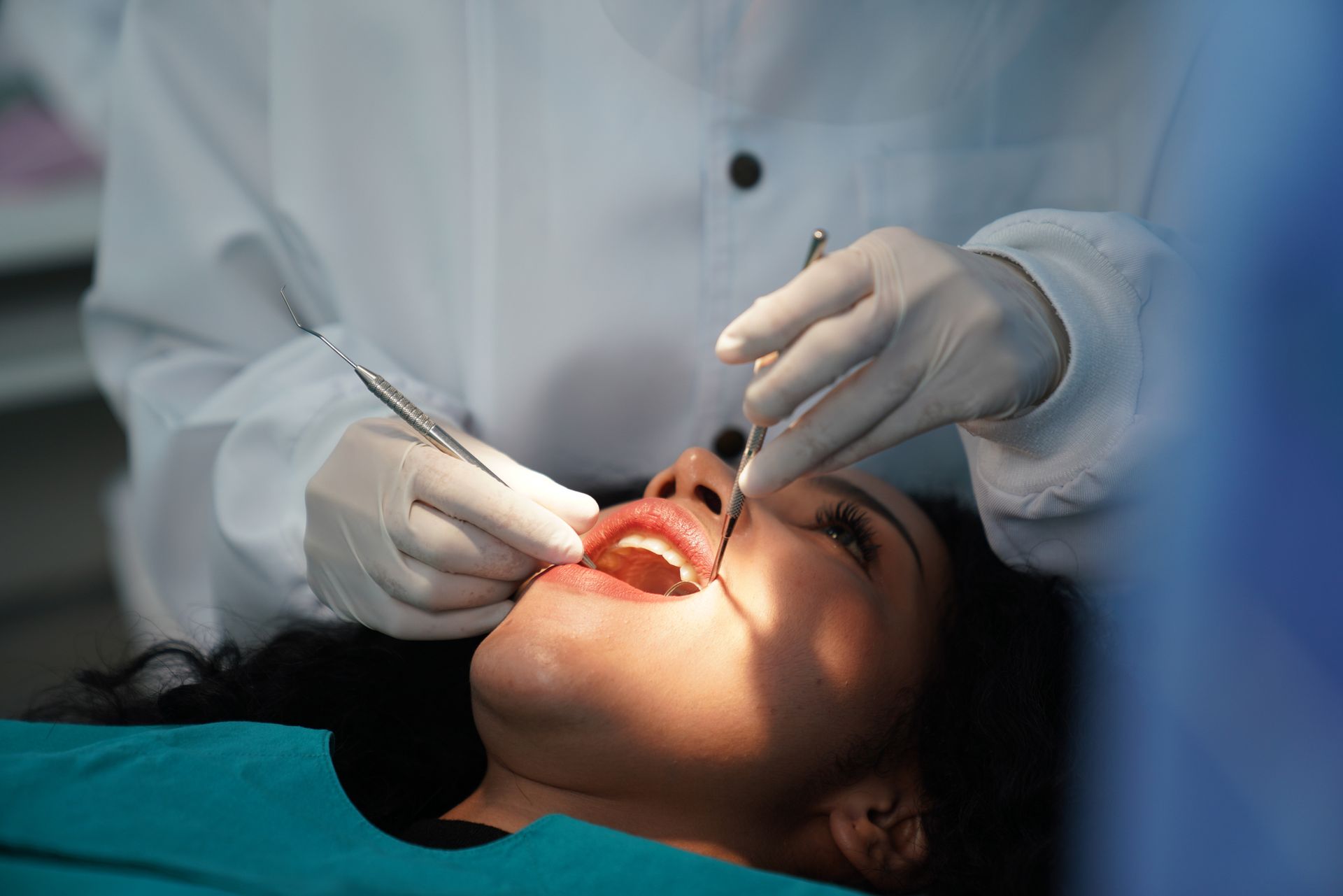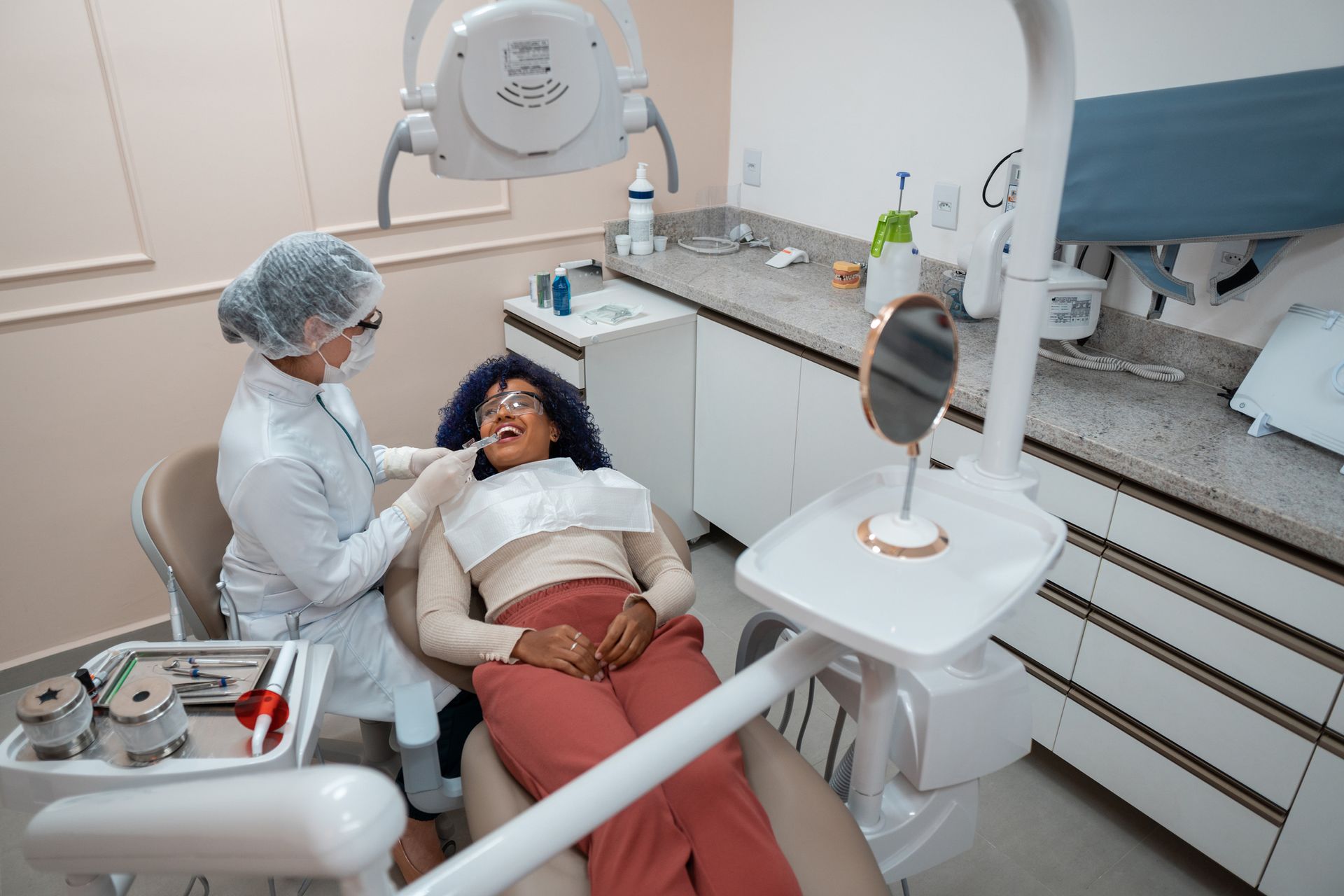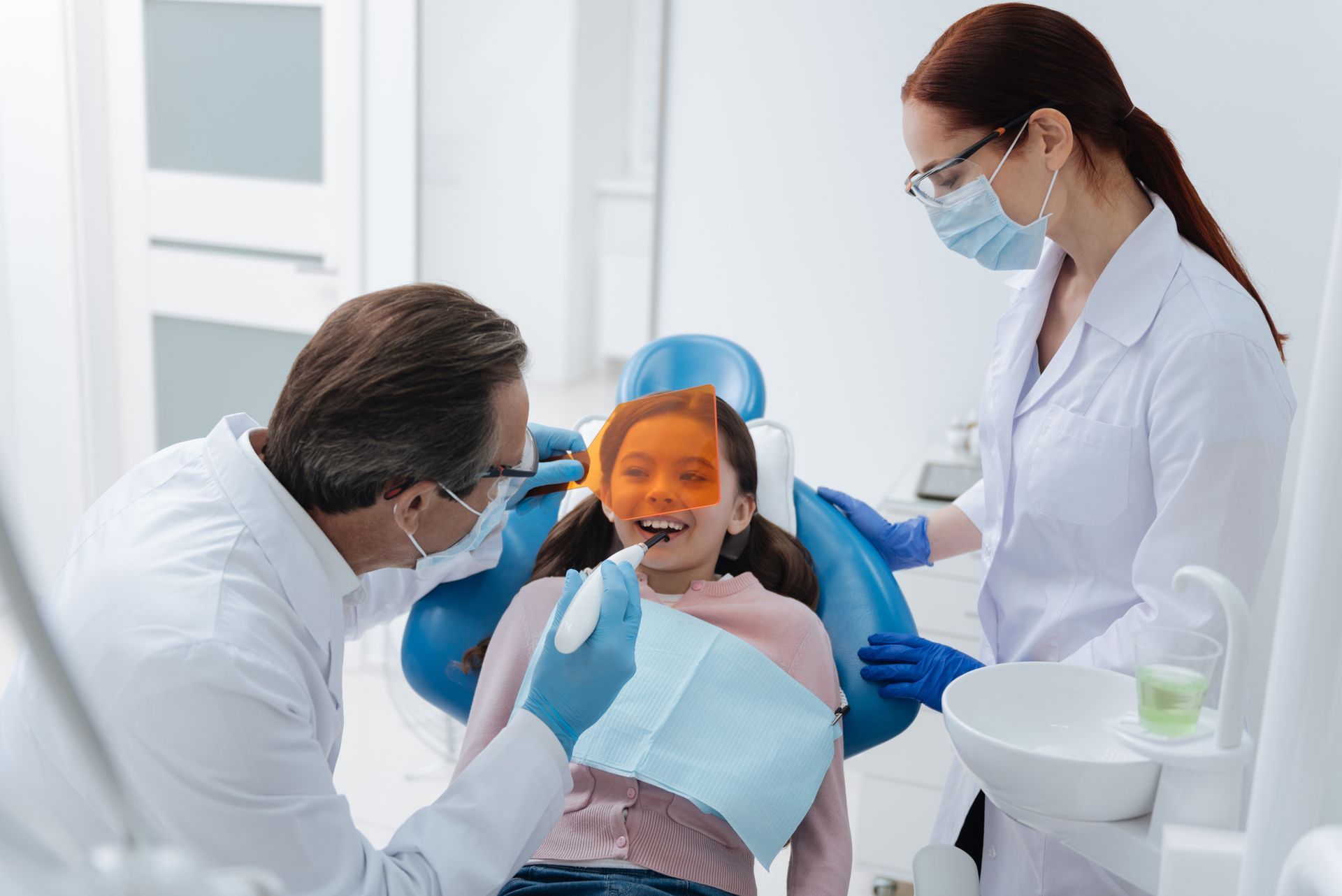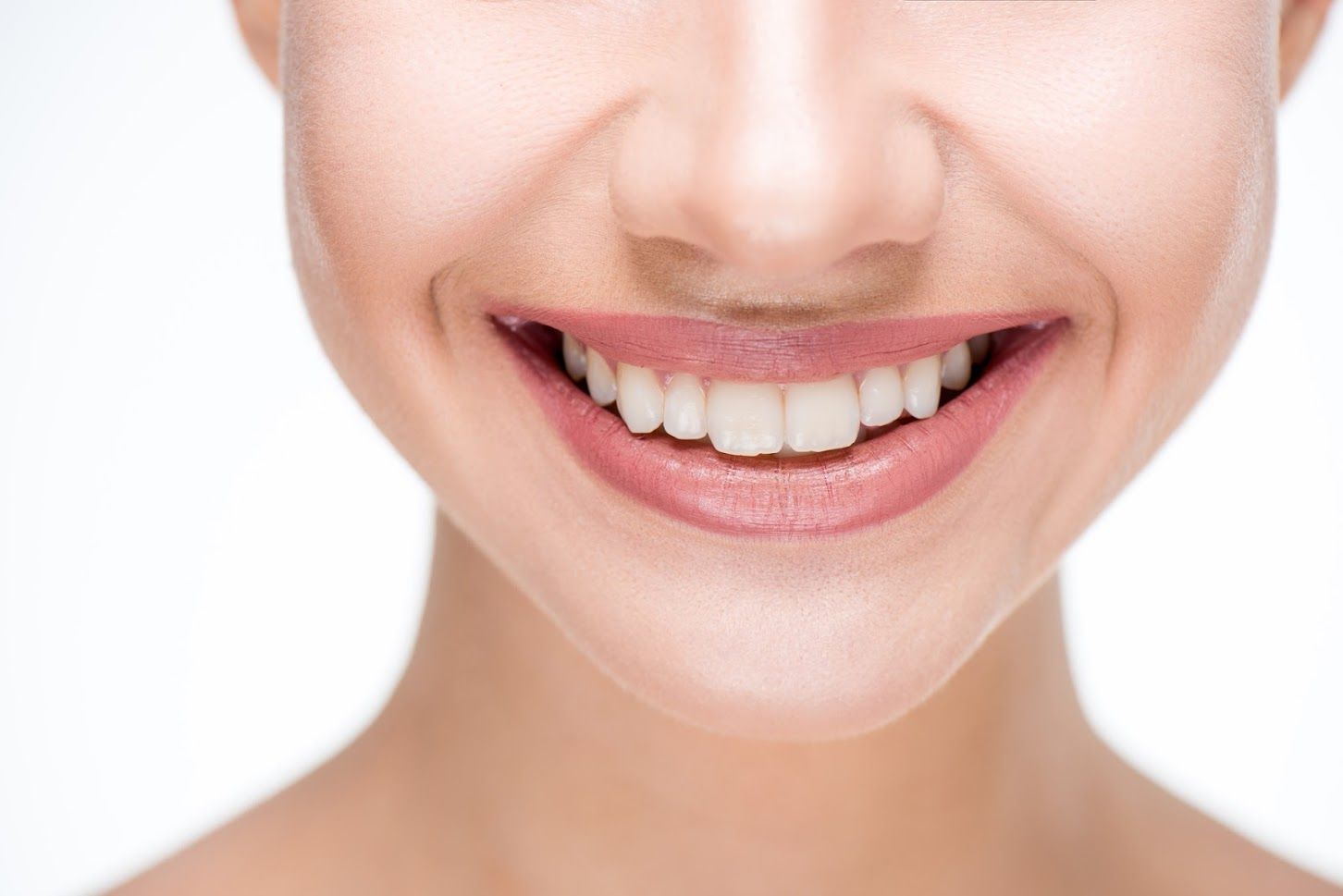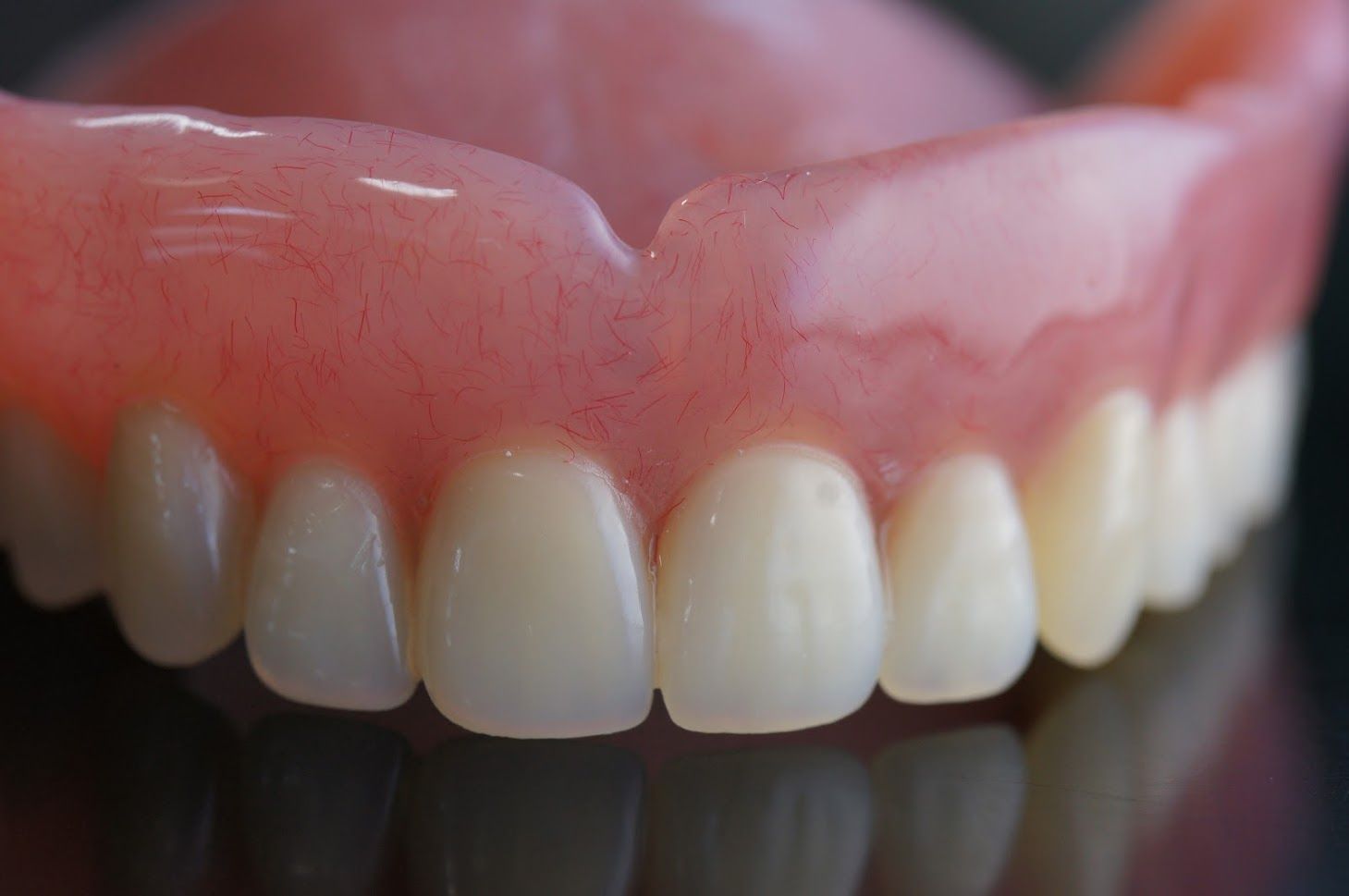Natural Vs. Regular Toothpaste: Which Is Better for Your Teeth?
Natural products are everywhere, but they're especially popular with personal care items. Organic, natural, or fluoride-free toothpastes have made their way from natural food stores to the shelves of your local supermarket. These products claim to perform as well as traditional toothpastes, but without some of the seemingly harsh chemicals that typical toothpastes have.
Assertions from natural toothpaste companies about their efficacy are not all wrong, but they're not all correct, either. Learn more information regarding the differences between regular and natural toothpaste — and which you should pick up at the store the next time you run out at home.
Focus on Fluoride
Perhaps the most significant difference between many natural and regular toothpaste is the presence or lack of fluoride. Concerns around the safety of fluoride have become more widespread, but its benefits are many. Fluoride is a powerful mineral that strengthens tooth enamel and prevents decay, which helps to remineralize your teeth and protects them from damage.
Too much fluoride, however, can be dangerous. An excess of fluoride on your teeth, especially those of young children, can cause mottling or dark spots. Ingesting large amounts of fluoride can also cause gastrointestinal problems.
Fortunately, toothpastes contain a safe amount of fluoride, and an excess of the mineral is very rare. Many who opt for natural and fluoride-free toothpastes can still use a mouthwash with fluoride to reap some benefits but ensure they only use low levels of fluoride.
Check the Ingredients
Thanks to modern research, many chemicals have been discovered to be harmful, or at least not beneficial, both to human health and to the environment. Some of these chemicals, such as sodium lauryl sulfate (or SLS), are irritating to soft tissues, while the microplastics in some regular toothpastes have been linked with negative environmental outcomes.
Though many believe the naturally derived ingredients in natural toothpastes are superior, they're not always safer or more beneficial for your teeth. Scan the ingredient list in both natural and regular toothpastes for these additives, and note their advantages and disadvantages here.
Cleansing Agents
Traditional toothpaste contains chemicals, like SLS, that are designed to foam when agitated, which is why some natural, SLS-free toothpastes lack the lather of regular pastes. In some people, the foaming agents and detergents of traditional toothpaste cause canker sores, gum irritation, or mouth ulcers. Natural pastes, on the other hand, rely on naturally antimicrobial ingredients and the mechanical action of the toothbrush to scrub plaque from your teeth.
Flavors
Traditional toothpastes utilize flavorings to mask the taste of detergents, but artificial flavors are known to be harmful to human health, at least in larger doses. Natural toothpaste often uses nature-derived flavors, but you should still exercise some caution. Some essential oils, such as cinnamon, spearmint, and peppermint, may be irritating or cause allergic reactions in some people.
Preservatives
Natural toothpastes are usually free from parabens and sodium benzoate, preservatives found in regular toothpastes that extend the shelf life and prevent spoilage due to the high water content. Instead, citric acid is used to maintain its freshness, which is known to be less irritating in the long run than other common preservatives.
Sweeteners
In most toothpastes, sweeteners are only included to enhance the taste of the product. However, natural toothpastes often include natural sweeteners, including xylitol, which can help to reduce oral bacteria.
Whitening Agents
From chemical whiteners to physically abrasive ingredients, natural and regular toothpastes each have their strengths with whitening properties. Be wary of many of the whitening methods in natural toothpastes, as they can be far too caustic to your enamel. Chemical whiteners such as peroxide can too, but typically only those with teeth sensitivity issues need to be concerned.
Conclusion
Above all, practice good oral hygiene as a whole. Good brushing habits with toothpastes containing research-backed ingredients, as well as consistency in your routine, will ensure your smile is white and bright for years to come. For more information, or to speak with a dentist about which toothpaste is right for you, call Airport Road Dental Associates, PC today.

